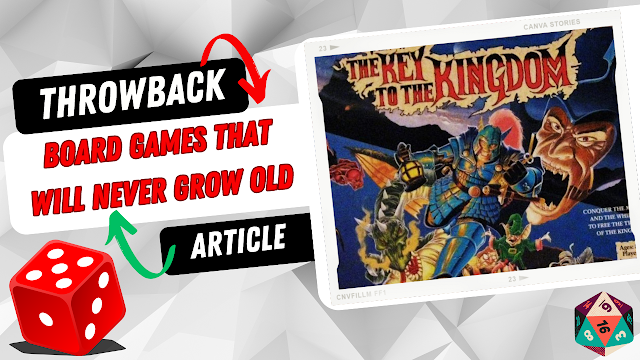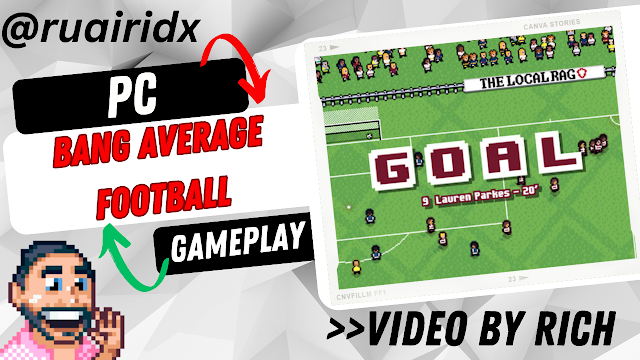Developer: Cyanide
Platform Reviewed: Playstation 4
The main bulk of my knowledge of Cyanide as developers comes from their previous titles Of Orcs and Men and Styx: Master of Shadows, two titles that, whilst quite rigid in their gameplay, kept me involved until the end.
Whereas in terms of H.P Lovecraft in the gaming medium, the two main touchpoints for me are 2005’s Dark Corners of the Earth and the more recent Conarium, both tasty titles for different reasons.
This new title, Call of Cthulhu, whilst having some great moments, never felt like it got into a flow for me, too many moving parts and a leaping narrative removed my sense of immersion and also interest, ultimately making the latter half of the game feel like a trudge.
The story begins with the protagonist, Edward Pierce, waking up after a particularly sketchy dream wherein he witnesses a murder in an underground cult-like setting. Following this, a knock at his door sets the wheels in motion for him to travel to Darkwater, an island off the coast of Boston in search of Sarah Hawkins, the apparently deceased daughter of Edward’s benefactor and an artist with a ‘gift’ for creating paintings with a life of their own.
The game is visually presented much as you’d expect and this is a good thing. Set in a first-person perspective, the drab colourings of the foggy island are all over the ramshackle housings, port and dilapidated mansion as well as all other aspects of the game, it initially feels quite atmospheric and immersive but even at this early stage, there are tell-tale signs that all is not well with the game.
There are light RPG elements to Call of Cthulhu; Edward has several areas in which he can focus earned skill points based on things such as Strength, Psychology, Occultism etc. And these allow him to interact more with people and items in the game world depending on his level in each sector.
The issue with this is that the story has to keep moving forward and so it only feels a tertiary concern in the game-stakes and ended up feeling like an afterthought as there were only a few sections where dialogue trees were greyed out for me and a handful of puzzles clearly could have been solved in a slightly different way, I assume that this is a nod to the original board game that this is based on but as it doesn’t have too much of an impact on the game, it feels relatively unnecessary.
The issue with this is that the story has to keep moving forward and so it only feels a tertiary concern in the game-stakes and ended up feeling like an afterthought as there were only a few sections where dialogue trees were greyed out for me and a handful of puzzles clearly could have been solved in a slightly different way, I assume that this is a nod to the original board game that this is based on but as it doesn’t have too much of an impact on the game, it feels relatively unnecessary.
I also found the voice-acting wobbly, regardless of the situation he is in, Edward seems relatively uninterested in the actions around him, never really changing his tone (which is akin to the Mel Gibson narration in 1999’s Payback) and thus removes emotion from a lot of the cut-scenes. The dialogue trees and conversation also waver, for example there was one section where I spoke to a character who offered to help me in exchange for a favour later in the game, sensing that I wouldn’t want to be indebted to the character, I declined in order to find another way around my problem, unable to do so, I returned a few minutes later only to have the exact same conversation (involving several paragraphs of dialogue) so that I could choose ‘yes’ instead.
This may seem nit-picky but a lot of the incidental characters repeat dialogue around you incessantly, the areas in the game are mostly quite small and so you find yourself walking past the same sections several times, only to hear looped conversations over and over, again making the world seem far less than real.
This may seem nit-picky but a lot of the incidental characters repeat dialogue around you incessantly, the areas in the game are mostly quite small and so you find yourself walking past the same sections several times, only to hear looped conversations over and over, again making the world seem far less than real.
Being a narrative-driven adventure, there are also the obligatory stealth sections which I have never really enjoyed in the genre, Call of Cthulhu’s best moments are when Edward is investigating scenes and piecing together the ever-expanding mystery of Sarah Hawkins and the island inhabitants, it’s fun to gather clues, in-game lore and solve the logic-based puzzles but the game veers from this formula into insta-death stealth sections and lengthy sequences from the POV of other characters to its detriment. The introduction and subsequent tailing off of various gameplay mechanics, as well as the leaps of locations and narrative logic, gives the whole game a sense of incompleteness.
Summary
When Call of Cthulhu focuses on the exploration/adventure part of its core gameplay, the game works best, but the stilted game world and additional action sequences, for the most part, feel bolted on.
In the end, it feels like a solid story that got pulled in too many directions to feel entirely satisfying. Clocking in at round 7-9 hours, it doesn’t overstay its welcome but it also doesn’t leave its mark on the player the way a horror game should.
That said, the moments of slow-build tension and lack of jump-scares is appreciated and I look forward to the next Cyanide title (I love werewolves) because if they focus on one aspect of gameplay as opposed to scattering their talent, I’m certain there’s the possibility of a great game in their future.
In the end, it feels like a solid story that got pulled in too many directions to feel entirely satisfying. Clocking in at round 7-9 hours, it doesn’t overstay its welcome but it also doesn’t leave its mark on the player the way a horror game should.
That said, the moments of slow-build tension and lack of jump-scares is appreciated and I look forward to the next Cyanide title (I love werewolves) because if they focus on one aspect of gameplay as opposed to scattering their talent, I’m certain there’s the possibility of a great game in their future.
💧❄️ RATING: MELTING ❄️💧
Ratings Explained
ICE COOL (Great Game Recommended)
MELTING (Recommended with reservations, one to consider if you are a fan of the genre)
MELTED (Not A Recommended Purchase)









No comments:
Post a Comment
Like what you see in the Games Freezer?
Why not tell us what you think with a few well-chosen comments? :)
Note: only a member of this blog may post a comment.